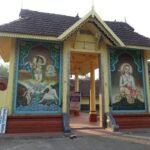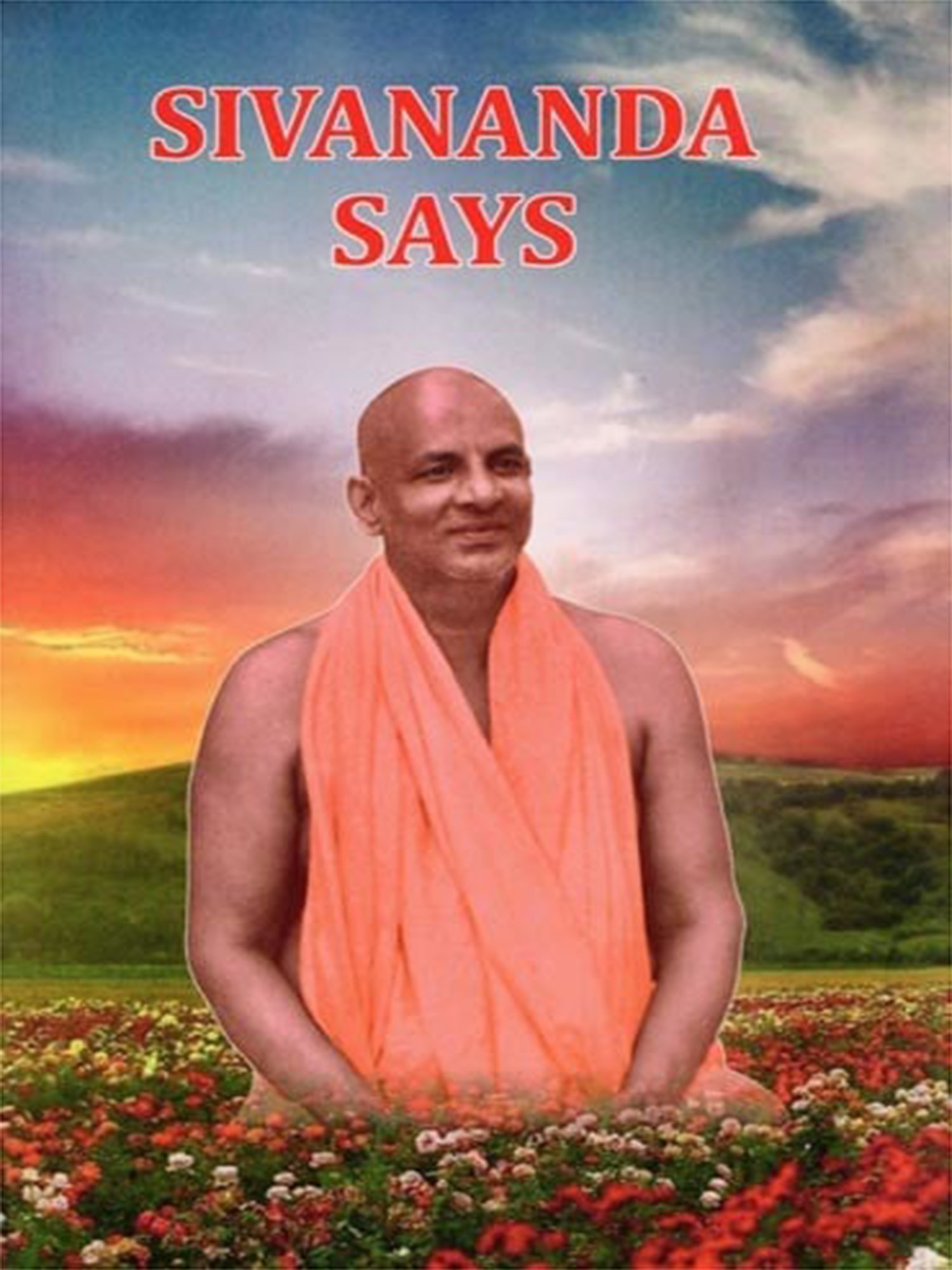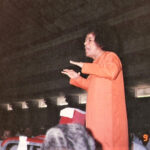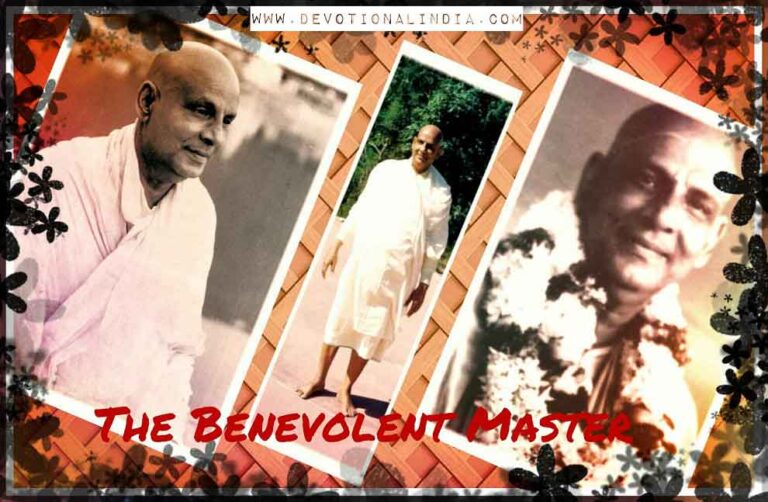summer showers in (1978)
Summer Showers in (1978)

Summer Showers in Brindavan 1978 is a collection of divine discourses given by Bhagavan Sri Sathya Sai Baba at the Summer Course on Indian Culture and Spirituality, held for college students at Brindavan (Whitefield, near Bangalore). The theme for that year centres around the Bhagavata Purana, which Swami refers to as a “textbook of divine love”. He explores how the relationship between the devotee and God can inspire transformation and spiritual growth.
Throughout the discourses, Swami addresses many facets of human experience, emphasising that God often comes in human form to help people change for the better. He discusses the sacred text Bhagavata itself and its relevance to every person’s spiritual life. Narratives of Vyasa and Narada are used to illustrate the interplay between man and God, and the role of divine personalities in guiding seekers. Particular attention is given to the concept that God is without blemish, yet human beings often project their own faults into their concept of God; the importance of recognizing one’s own faults rather than attributing them to the Divine is emphasised.
Another important thread in 1978 is the teaching that sorrow, pain, and suffering are part of life but are not meaningless; in fact, they serve as instruments for inner purification, growth, and grace. I.e. God may allow sorrow or difficulties so that human beings evolve spiritually. Complementing this are teachings about love: love lives by giving and forgiving. Forgiveness, letting go of bitterness, embracing love not as a passive feeling but as an active force of giving, are repeatedly underlined.
Swami also warns about the destructive power of anger, the company one keeps, the importance of meditation and concentration in steadying the mind. He says that good health is a great wealth, that education should not merely fill the mind with facts but cultivate humility and character. He emphasises that what we see around us in nature, creation, indicates God’s presence and teaches us valuable lessons. Every action and event, Swami underlines, is ultimately for our good, even if we may not understand it in the moment.
The later discourses deepen devotion by discussing Radha’s inseparability from Krishna, describing Krishna as like an infinite ocean, the devotees like small rivers merging into that ocean, drawing metaphorical images that help seekers feel their place in the larger cosmic love. He also invokes the idea that God is like a wish‑fulfilling tree (Kalpa Vriksha), ever ready to grant what is needed, so long as the heart is pure and devotion sincere.
Finally, the teachings challenge students (and readers) not merely to listen, but to put into practice what they have learnt: control over senses, service to others, love, humility, forgiveness, perseverance, seeing God even in small things, purity of heart. The transformation of character, the purification of mind and emotions, the development of love and devotion are shown as the path to not just spiritual knowledge but spiritual living. Summer Showers 1978 thus stands as a beautifully balanced set of discourses that combine devotional fervour, moral instruction, philosophical insight and practical spirituality.










































